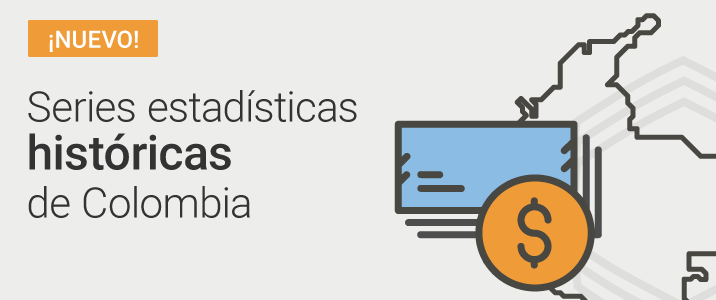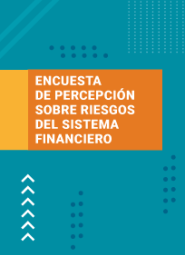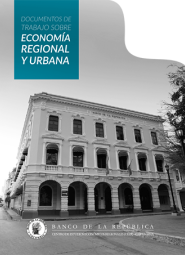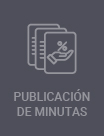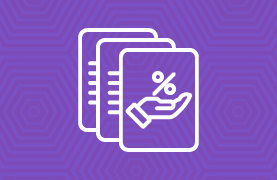Seminario de Microeconomía Aplicada- Liquidity Constraints and Capital Allocation: Evidence from a Selective Trial with Ugandan Farmers
El seminario de Microeconomía Aplicada del Banco de la República es un espacio para discutir los trabajos en progreso en las diferentes áreas de la microeconomía aplicada como economía del trabajo, organización industrial, economía de la salud, economía agrícola, economía de la educación, desarrollo económico, delincuencia, economía pública, economía ambiental, economía regional y urbana, entre otras. Está organizado por las sucursales de Cali, Cartagena y Medellín.
Abstract: Agricultural productivity in Sub-Saharan Africa has been largely stagnant over the past half century. The lack of progress is often attributed to the lack of adoption of modern inputs, such as chemical fertilizers and hybrid seeds. We conduct an experiment designed to uncover the efficiency of the market mechanism at allocating chemical fertilizers to farmers. We find that average returns to fertilizer amongst non-adopters are low, but there is a group of farmers with high returns who would be induced to adopt fertilizer with a mild subsidy. In that sense we find the market for fertilizer to be inefficient, and we calculate the optimal subsidy to be 30% of the market price. Further, we show that this inefficiency is driven by liquidity constraints: once liquidity constraints are removed, the optimal subsidy is 0.
Acerca de la expositora: Benedetta Lerva is an economist at the Development Impact Department (DIME) of the World Bank. She is an applied microeconomist whose research spans the field of agriculture and education. Benedetta received her PhD from the Institute for International Economic Studies (IIES) at Stockholm University, and her MSc and BSc in Economics from Bocconi University in Milan. Before her PhD, Benedetta was a research associate at the research unit of BRAC Uganda in Kampala.
Tiempo de exposición: 1 hora














